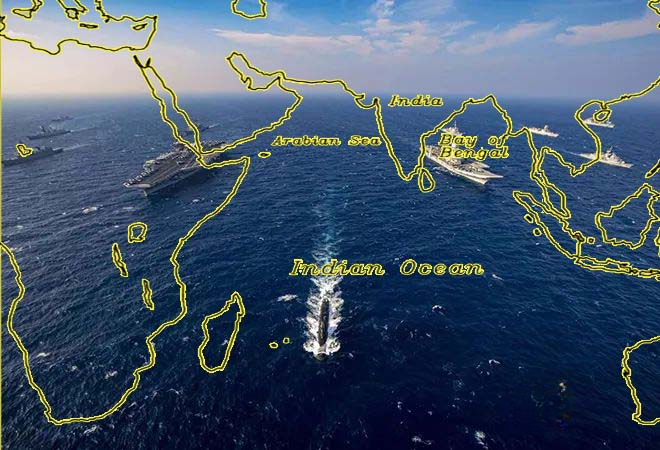
On December 2, 1823, James Monroe, the fifth president of the United States, sent his annual message to the US Congress outlining his policy priorities and agenda. Buried in President Monroe’s text was a foreign policy statement that would have profound repercussions for more than a century to come. It was a simple declaration: “The American continents are henceforth not to be considered as subjects for future colonisation by any European powers”. Today, it is remembered as the Monroe Doctrine.
As an emerging Great Power, India needs a Monroe-like doctrine that openly declares the Indian Ocean region as its legitimate sphere of influence. India today is the fifth largest economy in the world, and is soon to become the third largest after the United States and China. It is also a nuclear weapons state and the fourth largest military power after the United States, China and Russia. Politically, India is the world’s largest democracy with a 1.4 billion strong population and is fast emerging as the leader of the Global South.
In this issue brief, Dhruv Ashok explores how India must shift from a defensive mindset to a more offensive one when it comes to conducting diplomatic negotiations with China. It is in this context, he argues that an Indian Monroe Doctrine would greatly help India to negotiate with China more confidently about China’s growing encroachments into what India perceives to be its sphere of influence in the Indian Ocean region.
We invite you to explore this insightful brief. To access the brief, you can read it as an embedded PDF (laptops/desktops) or download the file as a PDF and read it on your device.
Dhruv Ashok is a PhD research scholar from Christ (Deemed to be University), Bangalore. He writes on current affairs and international politics. His areas of interest include conflict resolution and historical narratives. Views expressed are the author’s own.
